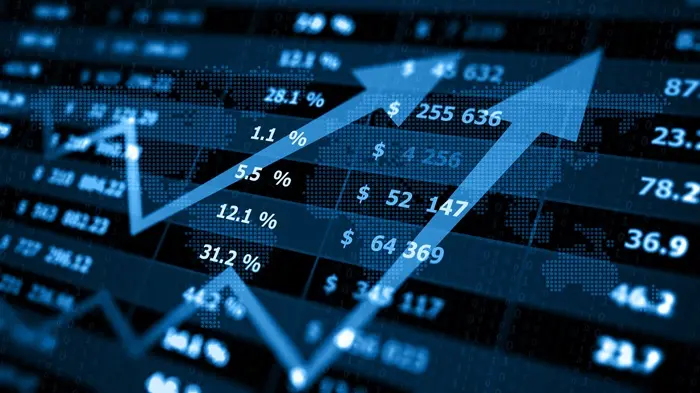Steve Diggle, the former hedge fund manager whose firm made billions during the 2008 global financial crisis, is returning to the market with a renewed focus on volatility trading. Through his family office, Vulpes Investment Management, Diggle is seeking to raise up to $250 million from investors, aiming to profit from both market crashes and the fluctuations of stocks in calmer times.
Diggle, who generated $3 billion in profits between 2007 and 2008, believes the current market environment presents opportunities similar to those leading up to the financial crisis. He sees potential threats to market stability at levels not witnessed since the pre-crisis years, including factors like stretched stock valuations, a glut in the US office market, rising federal debt, and tight credit spreads.
New Fund Leveraging AI and Volatility Trading
The new fund will leverage artificial intelligence (AI) to process vast amounts of public data, helping to identify companies in the Asia-Pacific region at risk due to high leverage, asset-liability mismatches, or even fraud. Diggle’s equity portfolio will focus on both bearish bets, targeting troubled companies, and bullish wagers on single stocks or indexes that show promise.
This initiative marks Diggle’s biggest return to volatility trading since the closure of his previous hedge fund, Artradis Fund Management, in 2011. Artradis, based in Singapore, saw its assets swell to nearly $5 billion in 2008, driven by successful bets on market downturns and banking crises. However, the firm ultimately faltered as markets recovered, thanks to unprecedented central bank interventions.
“The fault lines today are greater, and the risks are higher, but prices for risk have come down,” Diggle noted, comparing today’s conditions to the period between 2005 and 2007. He believes the market is ripe for the kind of volatility-driven strategies that helped him profit in the past.
Key Threats to Market Stability
Among the key risks Diggle sees in the current market environment are:
Stretched US Stock Valuations: Diggle highlights the inflated prices of US equities, which could be vulnerable to a correction.
US Office Market Overhang: The excess supply in the office space market in the US poses risks to commercial real estate.
Elevated Federal Debt: Growing government debt in the US raises concerns about future fiscal instability.
Geopolitical Tensions: Diggle also points to rising global tensions, particularly in relation to China’s economic instability and geopolitical frictions, as additional risks to the market.
Diggle further observes that the rise of passive investment funds, retail traders, and high-frequency trading could exacerbate market sell-offs, as seen in significant downturns like those in March 2020 and August 2024.
Return to Volatility and Risk Management
Since the closure of Artradis, Diggle’s family office, Vulpes Investment Management, has diversified its investments into sectors such as real estate in Germany, avocado orchards in New Zealand, and biotechnology in the UK. The firm has also invested in stocks tied to European re-armament following Russia’s invasion of Ukraine.
While Vulpes has occasionally engaged in volatility trading, Diggle admits that his firm has not made a serious push in this area due to a lack of favorable market conditions. In the past, the firm used capital structure arbitrage trades to offset potential losses from volatility bets, but these strategies have become less profitable in recent years.
At 60, Diggle is stepping back from day-to-day trading. Instead, he will focus on advising the new fund on risk management, with Robert Evans, a former Citigroup executive, taking the role of portfolio manager for the fund.
Preparing for Uncertainty
Although Diggle acknowledges the difficulty of predicting market crashes, he urges investors to prepare for potential volatility. “It’s a fool’s game to say the market will definitely crash in 2025,” Diggle remarked. “But everyone needs to start thinking about their hedges again.”
With growing concerns over market stability and a strategy built on volatility trading, Diggle’s new fund is positioned to capitalize on market disruptions, much like it did in the aftermath of the 2008 financial crisis.
Related topics:





























